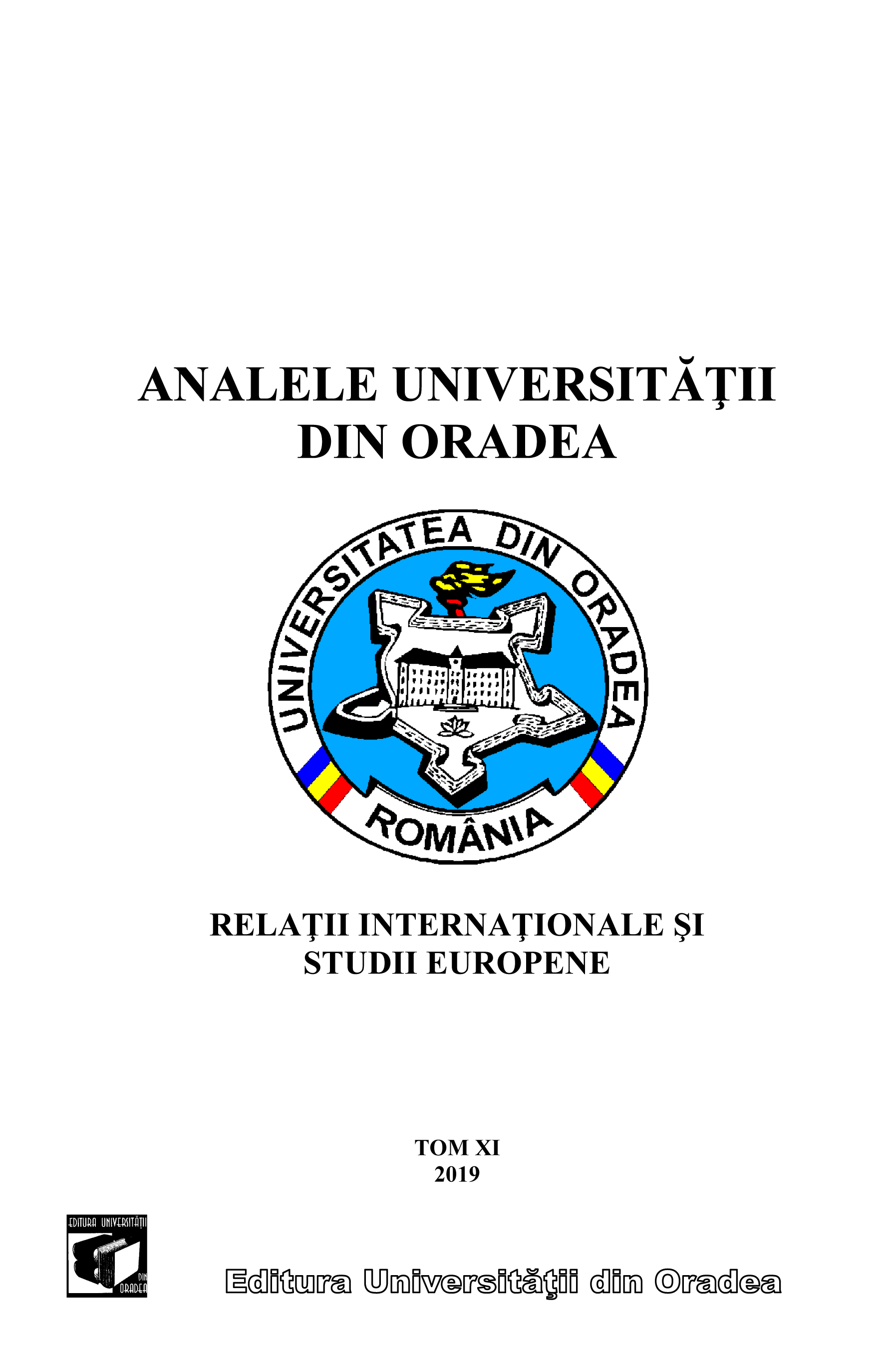The perception of the traditional international relations schools representatives on the evolution of World Order after the Post-Cold War
The perception of the traditional international relations schools representatives on the evolution of World Order after the Post-Cold War
Author(s): Ioan HorgaSubject(s): Comparative politics
Published by: Editura Universitatii din Oradea
Keywords: Post-Cold War Order; Global Word Order (GWO- 1; GWO -2); realists; liberals; unipolar; mulltilateral; Post-Cold War Order; international agenda;
Summary/Abstract: After 1990 the international society knows two contradictory phenomena, political-military instability, the expansion of the market economy on a global scale, which contributed to the forging of the Post-Cold War Order in which the tendency towards a unipolar and hegemonic system with global dimensions was inevitable in our opinion, entering the first stage of what we called during the study the Global World Order (GWO-1). At the beginning of the twenty-first century, these contradictory evolutions are amplified, on the one hand, by the rising of strong global economies, which compete with the USA (China, India, EU, Japan, Brazil, South Africa) and on the other, by the signs of returning to the international scene of Russia, which claimed the legacy of the place occupied in the great international politics by the Soviet Union, to which are added the political-military ambitions of China and India. To all these are added the challenges that climate change has on the whole of international relations. Or this stage of the evolution of Post-Cold War Order as a global order no longer responds to the characteristics of the first stage (GWO-1), based on unipolarity, so it is necessary to introduce a new concept, which reflects these evolutions, namely the second stage- the Global World Order (GWO-2). In this research we tried to see how these evolutions are perceived by the main representatives of the traditional schools of international relations - realists and liberals: first, how are these transitional evolutions perceived from GWO -1 to GWO-2, and secondly, how GWO -2 is perceived and finally what are the options regarding GWO -2.
Journal: Analele Universităţii din Oradea. Relaţii Internationale şi Studii Europene (RISE)
- Issue Year: 2019
- Issue No: 11
- Page Range: 7-29
- Page Count: 22
- Language: English
- Content File-PDF

